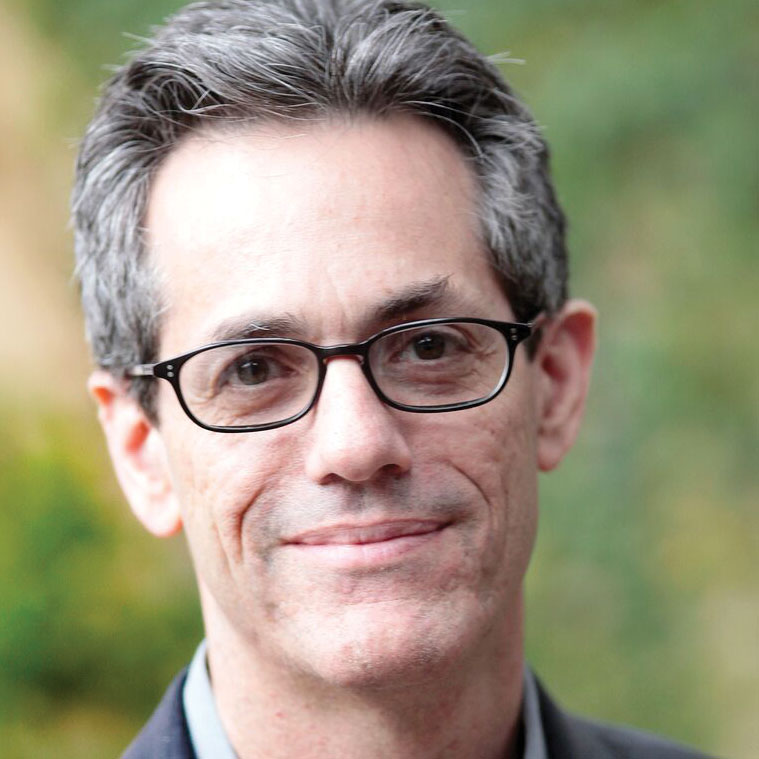L.A. Jewry Needs More Exploring
Since arriving, I\’ve also shed another stereotype that I had brought with me as a historian of the Jewish experience. Trained as a Europeanist, I had been inculcated to believe that Los Angeles was to New York as America was to Europe — a pale imitation of the real McCoy, a \”parvenu\” in a world in which antiquity and social stratification bestow merit. This view, unfortunately, is all too common among East Coast or Eurocentric academics.

 More news and opinions than at a Shabbat dinner, right in your inbox.
More news and opinions than at a Shabbat dinner, right in your inbox.